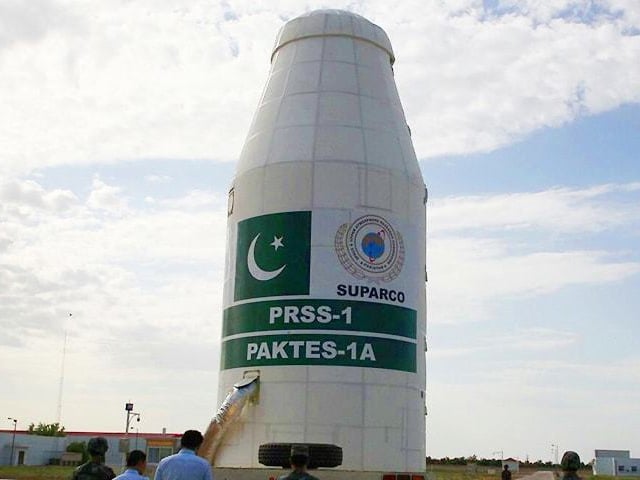Pakistan’s Space Exploration
Pakistan has a long and storied history of space exploration. The country’s space agency, the Space and Upper Atmosphere Research Commission (SUPARCO), was established in 1961, making it the first space agency in South Asia.
SUPARCO
Over the years, SUPARCO has made significant contributions to the field of space exploration. The agency has launched a number of satellites, including the Badr-1, which was the first Pakistani satellite to be placed into orbit. SUPARCO has also conducted a number of space experiments, including the METEOR-3B, which was a joint project with the European Space Agency.
Commercial Space Exploration
In recent years, Pakistan’s space program has seen a renewed focus on commercial space exploration. The government has launched a number of initiatives to promote the development of the country’s space industry, and SUPARCO has partnered with a number of private companies to develop new space technologies.
As a result of these efforts, Pakistan is now seen as a rising star in the field of space exploration. The country has the potential to become a major player in the global space industry, and its space program is making a significant contribution to the economic and social development of Pakistan.
Benefits
Here are some of the potential benefits of space exploration for Pakistan:
- Economic benefits: Space exploration can generate new jobs and businesses in the space industry. It can also lead to the development of new technologies that can be used in other sectors, such as agriculture, healthcare, and transportation.
- Social benefits: Space exploration can inspire young people and motivate them to pursue careers in science and technology. It can also help to raise Pakistan’s profile on the global stage.
- Scientific benefits: Space exploration can help us to learn more about the universe and our place in it. It can also help us to develop new technologies that can be used to solve some of the world’s most pressing problems, such as climate change and natural disasters.

Challenges
Of course, there are also challenges that Pakistan will need to overcome in order to achieve its space exploration goals. These challenges include:
- Lack of resources: Pakistan is a developing country with limited resources. This means that the country will need to find ways to partner with other countries and organizations in order to fund its space program.
- Bureaucracy: The Pakistani government can be slow and inefficient at times. This can make it difficult to get things done, including space exploration projects.
- Security concerns: Pakistan is located in a volatile region. This means that the country’s space program is vulnerable to terrorist attacks and other threats.
Despite these challenges, Pakistan is committed to pursuing its space exploration goals. The country has the potential to become a major player in the global space industry, and its space program is making a significant contribution to the economic and social development of Pakistan.
The Future of Space Exploration in Pakistan
The future of space exploration in Pakistan is bright. The country has the potential to become a major player in the global space industry, and its space program is making a significant contribution to the economic and social development of Pakistan.
In the coming years, Pakistan is likely to continue to focus on commercial space exploration. The government is likely to launch a number of initiatives to promote the development of the country’s space industry, and SUPARCO is likely to partner with a number of private companies to develop new space technologies.

Pakistan is also likely to continue to invest in its space program. The government is likely to allocate more resources to SUPARCO, and the agency is likely to launch a number of new satellites and space probes.
As Pakistan’s space program continues to grow, the country is likely to make even greater contributions to the field of space exploration. Pakistan is well-positioned to become a major player in the global space industry, and its space program is making a significant contribution to the economic and social development of Pakistan.
In addition to the benefits mentioned above, space exploration can also help to improve Pakistan’s disaster management capabilities. For example, satellites can be used to monitor weather patterns and track natural disasters. This information can be used to help communities prepare for and respond to disasters.
Space exploration can also help to improve Pakistan’s communication infrastructure. Satellites can be used to provide telecommunications services to remote areas of the country. This can help to improve access to education, healthcare, and other essential services.
Overall, space exploration has the potential to make a significant positive impact on Pakistan’s economy, society, and security. The country is well-positioned to become a major player in the global space industry, and its space program is making a significant contribution to the country’s development.
To learn more about the development in Pakistan, go here.


